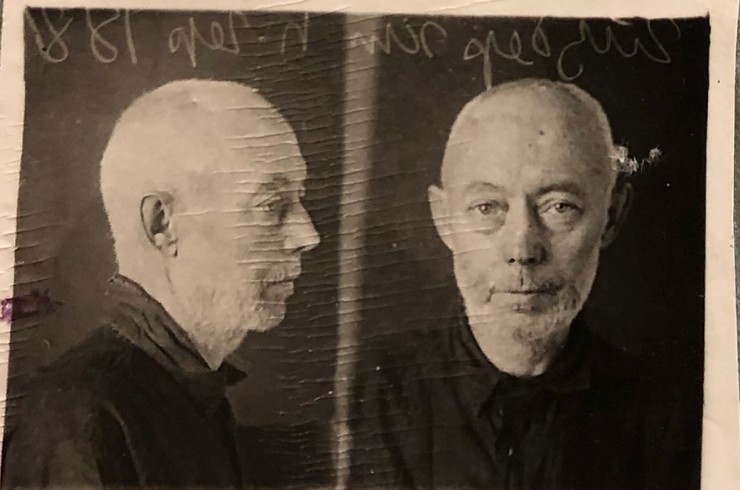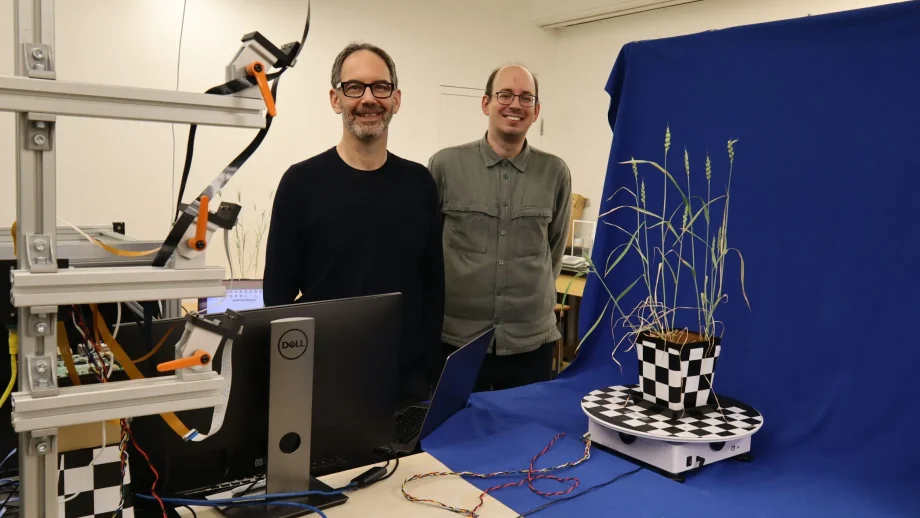WINNIPEG, MB – In the 1930s, and 40s, tens of thousands of Mennonite men and women were arrested in the former Soviet Union. Victims, like Peter Giesbrecht, were sentenced to death, or hard labour based on trumped up charges of espionage and anti-Soviet agitation. In many cases, the fate of these men and women remained unknown to their families.
UWinnipeg’s Centre for Transnational Mennonite Studies (CTMS) has recently cracked open the KGB archives in Ukraine to help find the answers to these missing Mennonites. The accessibility of the KGB archives offers new information on the experiences and treatment of Mennonites like Giesbrecht, under the Stalinist regime.
CTMS wants to help families of thousands of missing Mennonites find closure. CTMS has a new program to help Mennonites uncover the fate of their lost family members in Ukraine.
Families searching for information on their missing family members simply need to send the name of the family member, date and place of birth, and names of their parents to ctms@uwinnipeg.ca. CTMS personnel will then search the archives for information on the missing person. If any information can be found, the data will be forwarded to the family members. CTMS will also link family members to translators in Ukraine and Canada.
In addition, CTMS wants to create an archival repository of these stories at the Mennonite Heritage Archives in Winnipeg. People with family stories, photographs, letters, and diaries from the 1930s and 1940s will be asked to donate copies to preserve the experience of Mennonites during this tumultuous period in history.
Dr. Aileen Friesen, co-director of the Centre, who visited the archives in Ukraine this spring, notes: “with our reinforced ties between CTMS and the archives, as well as the service of translators on the ground, the release of this information to a broad audience of Mennonites is in sight.” Royden Loewen, director of the Centre notes, “we are thrilled that this project has now developed to a point that individual families will have a chance to find answers, and we will create a lasting resource so that generations to come will not forget the collective trauma of the Mennonite families who were torn apart.”
This program is made possible thanks to funding from the Paul Toews Fellowship in Russian Mennonite History.
The Paul Toews Fellowship in Russian Mennonite History is named in honour of the late Dr. Paul Toews, who was the resident historian of the Mennonite Heritage Cruise that took thousands of Mennonite ‘pilgrims’ on a journey back to Ukraine over the past two decades. In addition to supporting this project, the Fellowship also supports other research programs, including history conferences, graduate and post-doctoral fellowships on Russian Mennonite history, funds for visiting scholarships, and other archival research in both Ukraine and Russia.
The Centre for Transnational Mennonite Studies facilitates the study of transnational relations among Mennonites who today are spread around the world. This Centre is a research and educational hub that brings a global perspective to Mennonites in the Americas, Europe, Africa, and Asia.





